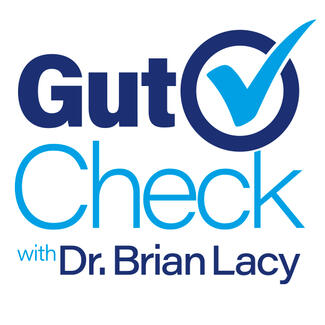Bariatric Surgery Boosts Survival and Proves Cost-Effective for Patients With Obesity and Cirrhosis
Bariatric surgery, including sleeve gastrectomy (SG) and Roux-en-Y gastric bypass (RYGB), significantly improves survival and is highly cost-effective for patients with obesity and compensated cirrhosis, according to a new economic evaluation published in JAMA Surgery.
The retrospective cohort study, conducted among U.S. veterans from 2008 to 2020, compared outcomes between patients undergoing bariatric surgery and those enrolled in a structured lifestyle program (MOVE!). Researchers analyzed data from over 37,000 participants, including nearly 450 patients with cirrhosis.
Findings revealed that patients who underwent SG or RYGB experienced greater overall survival than those in the MOVE! program—9.09 years versus 8.23 years in the cirrhosis subgroup. Importantly, the cost per quality-adjusted life-year (QALY) gained was markedly low: $18,679 for SG and $44,704 for RYGB among patients with cirrhosis, far below the commonly accepted $100,000 cost-effectiveness threshold. In some cases, bariatric surgery was even potentially cost-saving over a 10-year horizon.
"Bariatric surgery was associated with improved survival and expected weight loss and was cost-effective," the researchers emphasized. "These findings support the expanded use of bariatric surgery in appropriately selected patients, including those with cirrhosis, to improve outcomes and reduce long-term health care costs."
Reference
Bansal S, Bader A, Mahmud N, Kaplan DE. Survival and cost-effectiveness of bariatric surgery among patients with obesity and cirrhosis. JAMA Surg. Published online: April 02, 2025. doi:10.1001/jamasurg.2025.0490












